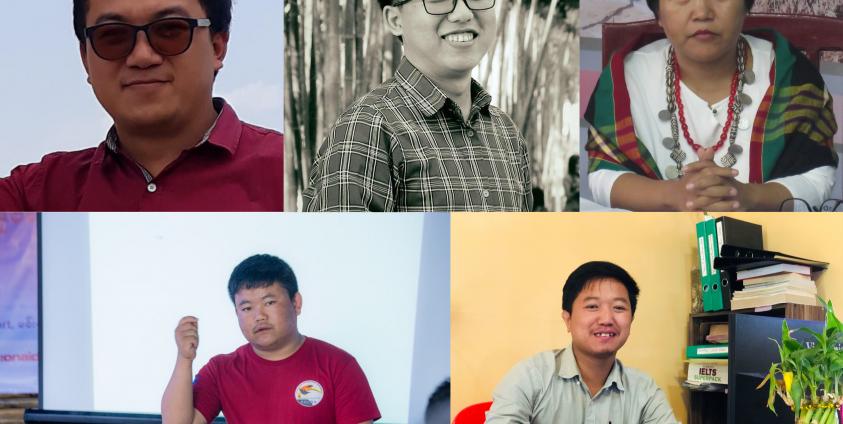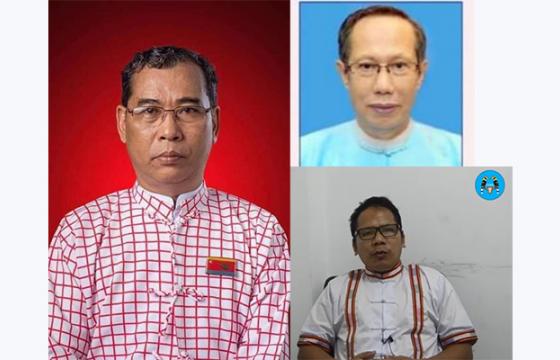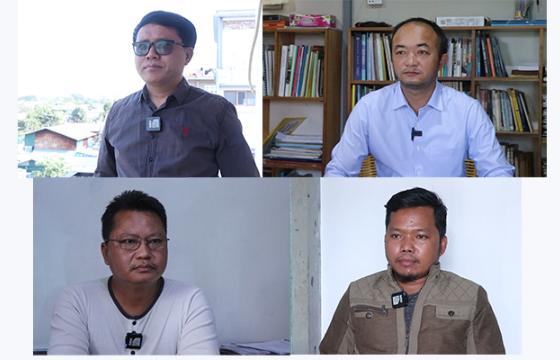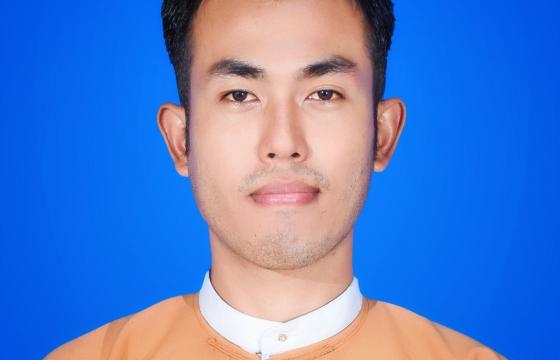In this story we consult with CSOs leaders in Chin State to get their views about multi-party democracy and the general election scheduled to take place on 8 November this year.
More than 200 candidates from 12 political parties including independent candidates have registered to compete in the upcoming election with the Chin State Election Sub-Commission.
Chin State has nine townships, 39 constituencies and more than 340,000 eligible voters. The following is the views of the persons who lead the Chin CSOs.
Salai Van Cung Lian (Director of Chin-Bridge Institute)
“It is important for candidates to have experience in policy and be qualified. Fame alone is not enough. Young healthy candidates should be chosen. And they should also consider the needs for the whole country in addition to Chin State.
. The public needs to choose the candidates who have the best policies, and understand the need for transparency. Freedom of Information is required. There will be no significant changes if the people choose the candidates who have no knowledge about the above important points. Currently, the politicians are talking too much about the restoration of our own rights only. The people need to look at the facts how the candidates fight corruption and have a plan to enact Freedom of Information Act.”
Andrew Tha Tuang (Officer- In-Charge)
Myanmar Alliance for Transparency and Accountability
“The people particularly need to choose qualified candidates who can really carry out the tasks of regional development for under-developed regions like Chin State. We don’t want candidates who just think about relying on the Union Budget. Candidates must have the ability to utilize the available resources. Chin State is still rich in mountains and fresh water. In addition, Chin State is said to be the place which is teeming with human resources. Based on these resources, employment opportunities and income-generating should be developed. I don’t want the Chin government to become dependent on the exploitation of mineral resources. We should urge the candidates to effectively manage our rich natural resources in Chin State.
Salai Mang Om (Third Eye)
“I would like to urge the people to talk with the candidates before the people cast their ballots. The people should disregard the candidates who fail to come to their regions. The people should ask the candidates what they will do for the public. Another point is the people should ask about the candidate’s knowledge of political and social affairs, and how the candidates can serve the interest of the public. I want the government to include the public in the budget process. This is a must for the democratic practice. There should be the public knowledge dissemination on the operation of budgetary mechanism patterns.”
Mai Len Neih Cer
Director of Ni Nu, an organization working for Gender Equality and Women Empowerment Among the Chins in Myanmar
“The people should choose the candidates who will do the best for Chin State. In the previous election, the majority voted for the NLD party. But it is not ok only to vote for the party. At the same time, they should look at the individual candidate. They should look at both the party and candidate. Female voters should look at the candidates’ attitudes towards gender equality.
Our CSO is conducting a campaign to amend the Chin Act which discriminates the women’s inheritance. So female voters should ask the candidates whether the candidates agree to support equal rights for inheritance.
The incumbent government is mainly working on the transportation projects. The priority is being given to development projects that are very visible such as building, cars and roads. I want the next government to prioritize human resources, education and health.
Dal Sian Amm (Political analysist - Integrated Social and Development Institute)
In my opinion, I would like to encourage the people to choose any Chin candidates who can tell me exactly what they will do after the election. The ethnic parties want their candidates to secure seats in the election. In my opinion, the parties should prioritize their candidates who can exactly answer the question of what to do after being elected. The policies should be laid down first after the in-depth surveys as the regional development projects required for Chin State will be different. Take a look at the incumbent government and you will see there are many unbalanced ratios in resource-sharing and development planning.







